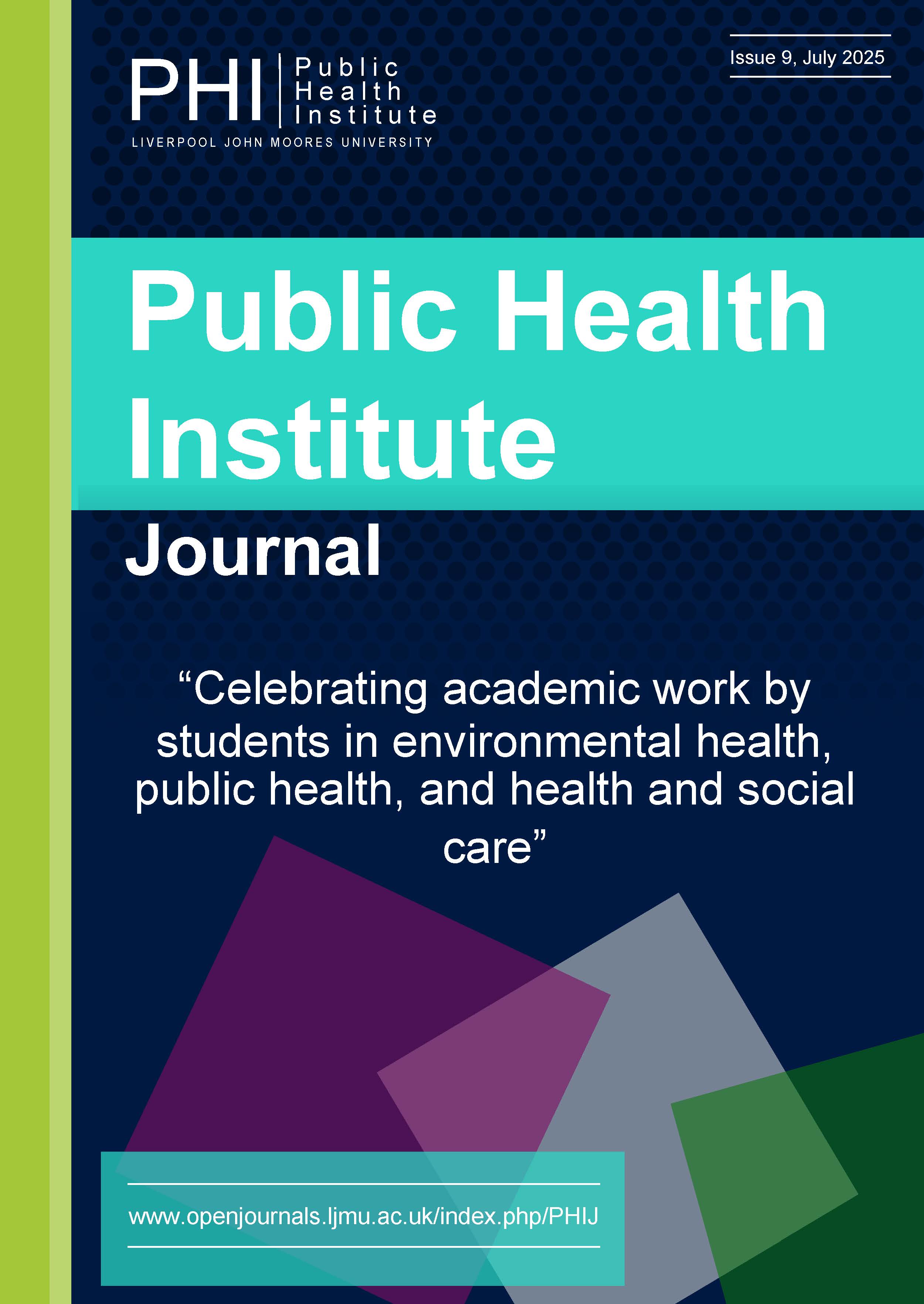A quantitative study exploring the main effects of the coronavirus pandemic on the mental health of young adults
Keywords:
Mental health, Depression, Anxiety, Stress, Young people, Covid-19, CoronavirusAbstract
Several pieces of literature have expressed concern regarding the fact that mental health issues among young adults have continued to rise since the beginning of the coronavirus pandemic. Mental health issues are influenced by a number of social, psychological, physical, environmental, and biological factors including loneliness and isolation, relationship challenges, lack of physical activity, domestic violence situations, and a family history of mental illness or substance misuse. These factors, more often than not, contribute to mental health conditions such as depression, anxiety, and chronic stress. The aim of this study was to explore the effects of the coronavirus pandemic on the mental health of young adults and the three main objectives studied throughout were to investigate whether young adults worried about their financial situation during the pandemic, to explore whether young adults feared the virus and the idea that they might contract the virus, and to conduct research in order to determine whether there was an increase in mental health issues in young adults due to the various lockdowns. This study was quantitative and the method used was an anonymous, online self-select questionnaire. Seventy-nine respondents were involved in the study and the target population was young adults between the ages of eighteen and thirty years old of whom were able to fluently speak the English language. Once this study was conducted, the researcher discovered a number of different findings. The majority of young adults have experienced mental health issues to some extent, and pre-existing mental health conditions have worsened since the coronavirus pandemic and most respondents felt that their mental health had declined post-pandemic. It was also found that individuals who rated their mental health higher tended to feel less lonely in comparison to those who rated their mental health poorly. Young adults also stated that their financial situations were a contributing factor to their mental health worsening and that this had become more apparent since the coronavirus pandemic had occurred. Finally, very few young adults worried about contracting the virus all of the time, and those who did worry often did little to protect themselves or others. There were some gaps across existing research studies, therefore it was recommended that these gaps be filled in so that future researchers have a stronger understanding in relation to this area of research. As well as this, interventions for young adults should be implemented as there are few interventions available to young adults compared to the resources on offer for children and adolescents.
Published
Issue
Section
License
Copyright (c) 2025 Morgan Jade Metcalf

This work is licensed under a Creative Commons Attribution 4.0 International License.
Authors retain copyright and grant the journal right of first publication with the work simultaneously licensed under a Creative Commons Attribution License that allows others to share the work with an acknowledgement of the work's authorship and initial publication in this journal.


